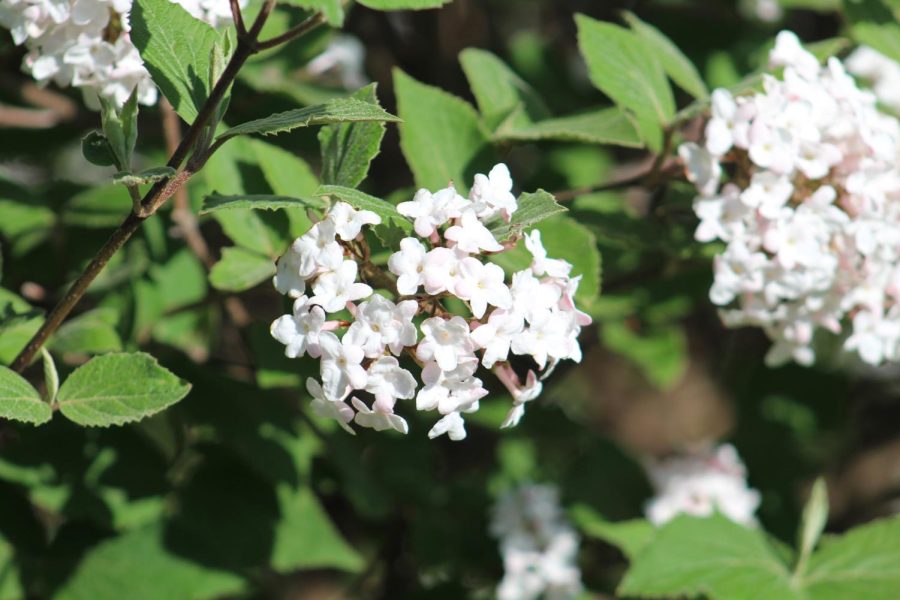How climate change will affect production and amount of medicine
Morphine and aspirin need opium poppies and willow bark
April 19, 2023
Climate change has greatly affected the severity of our weather. Our tropical storms are stronger, our floods and landslides are more intense, and our fires are more extreme.
All these events create a hotspot for issues to grow. As our earth’s climate crisis continues, these issues seem to get more prevalent. Specifically, one issue that is becoming more and more prevalent is the effects of climate change on the production of medicine.
These extreme weather events cause people to want to “stock up” on medicine, especially if they plan on not evacuating. While it is true that stocking up is what can keep people alive, it can often lead to mass medicine shortages. These shortages create dangerous situations for those who may not be able to get their medicine, which then puts more lives at risk.
Not only this but after these storms touch down and cause mass destruction, they typically ruin agricultural areas. These areas are crucial for growing plants like opium poppies, willow bark, and Pacific yew, which in turn, make medicine like opium, aspirin, and chemotherapy medications.
On top of these issues, global warming will increase the amount of tropical and water-borne diseases. As intense storms bring in these illnesses, the demand for medicine will increase, which will cause future shortages.
However, as more and more medicine becomes lab-made, some of these concerns will wean. For now, it’s a competition between climate change and scientific ability.













